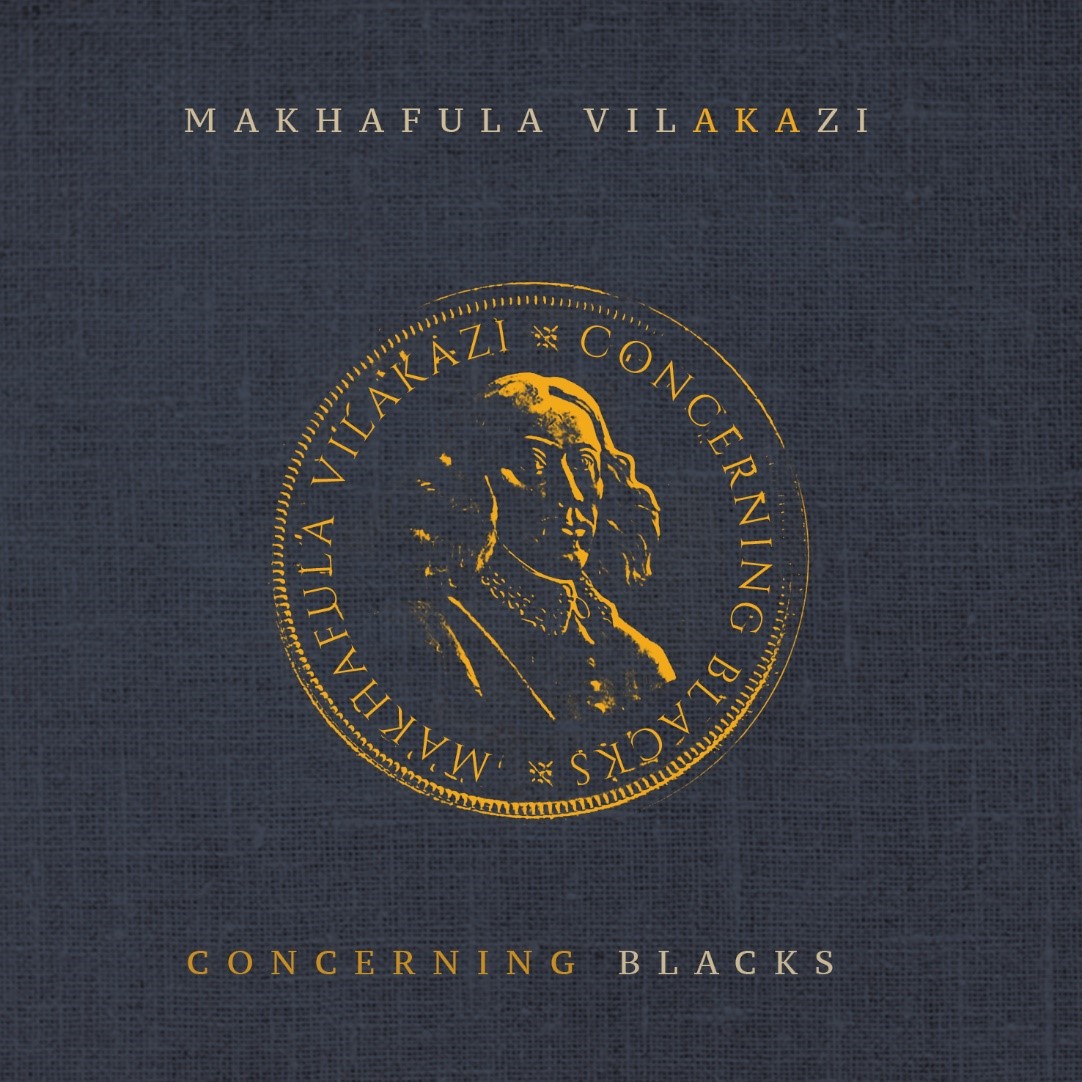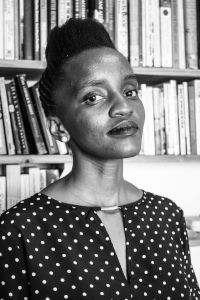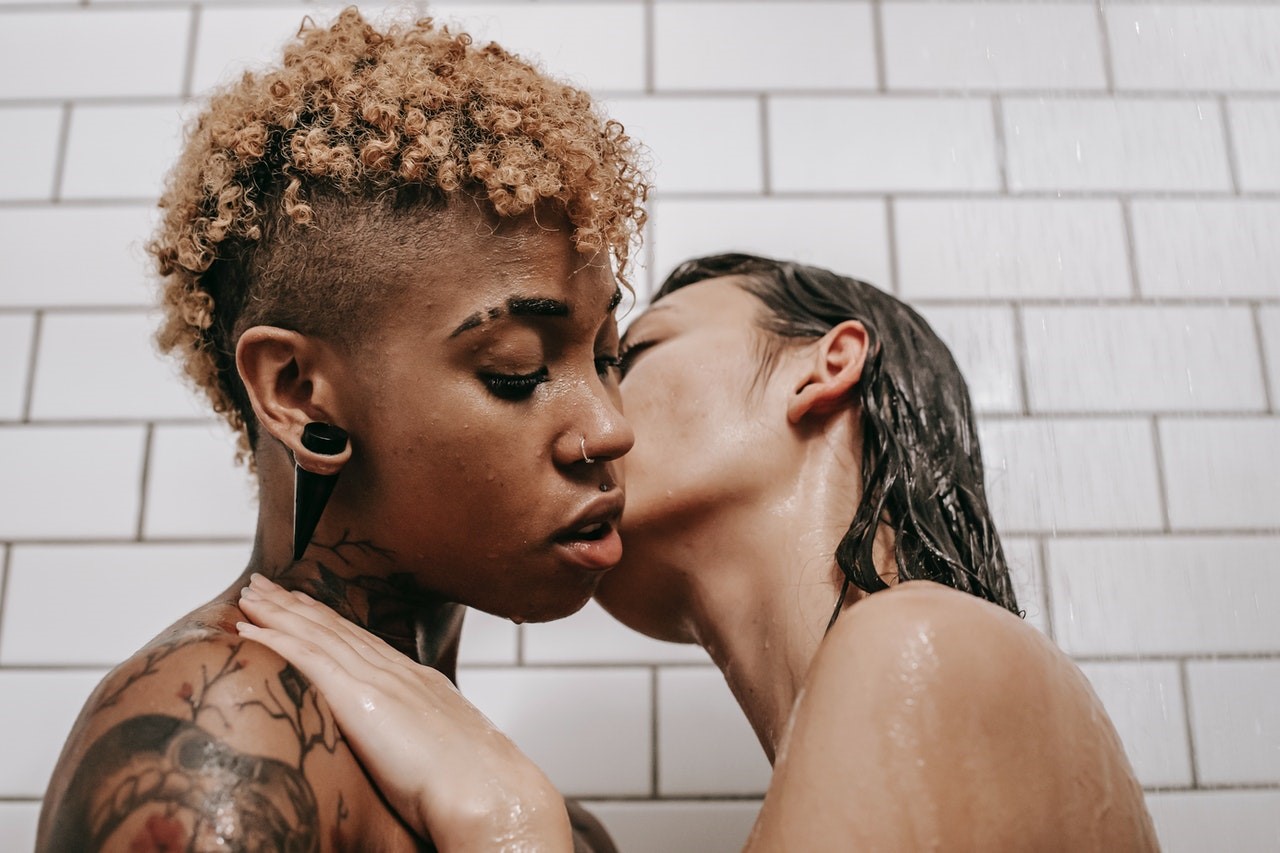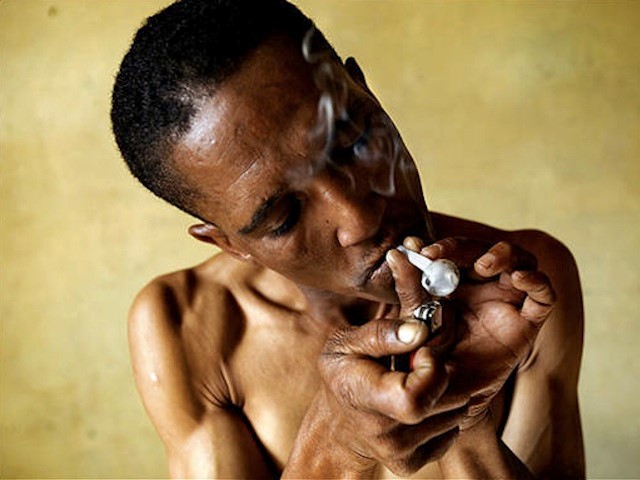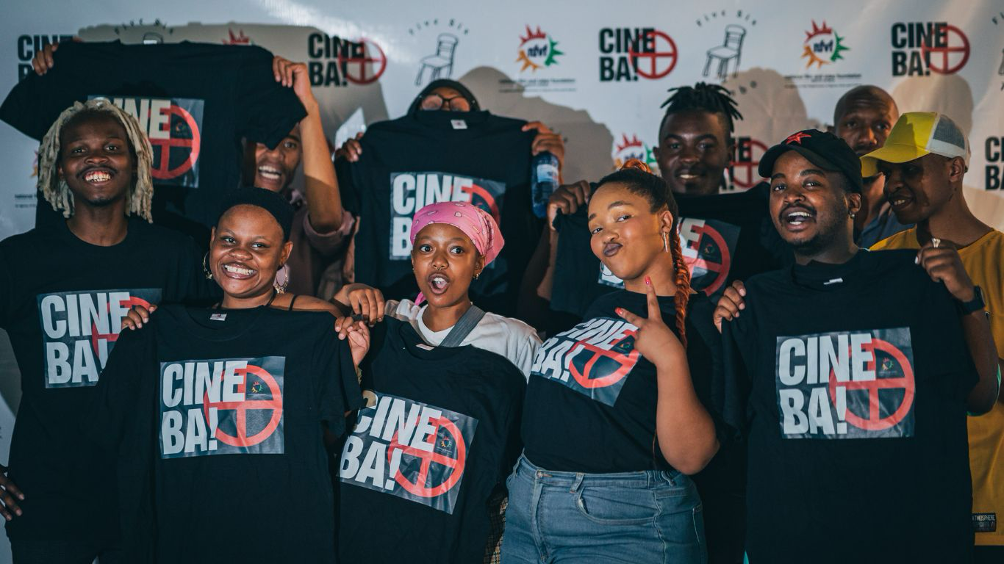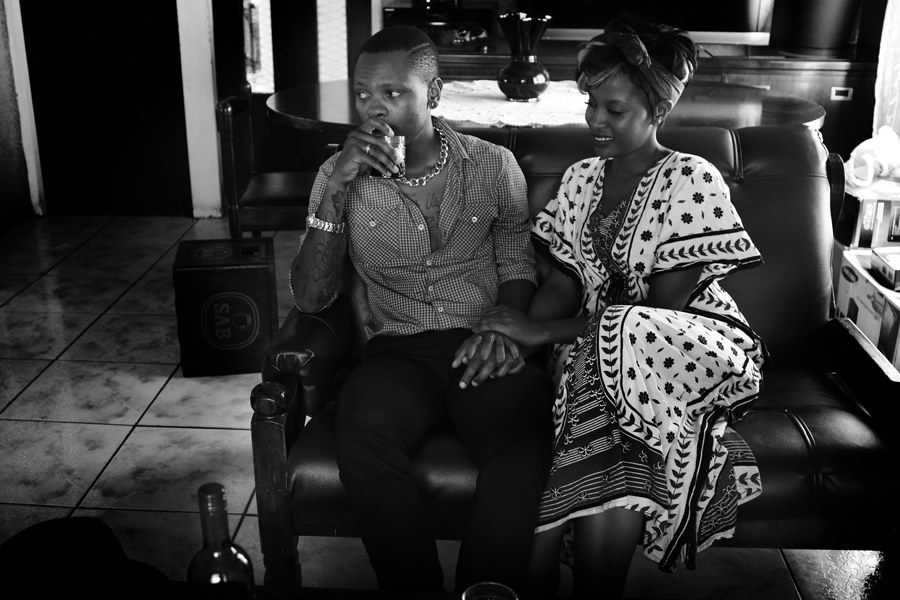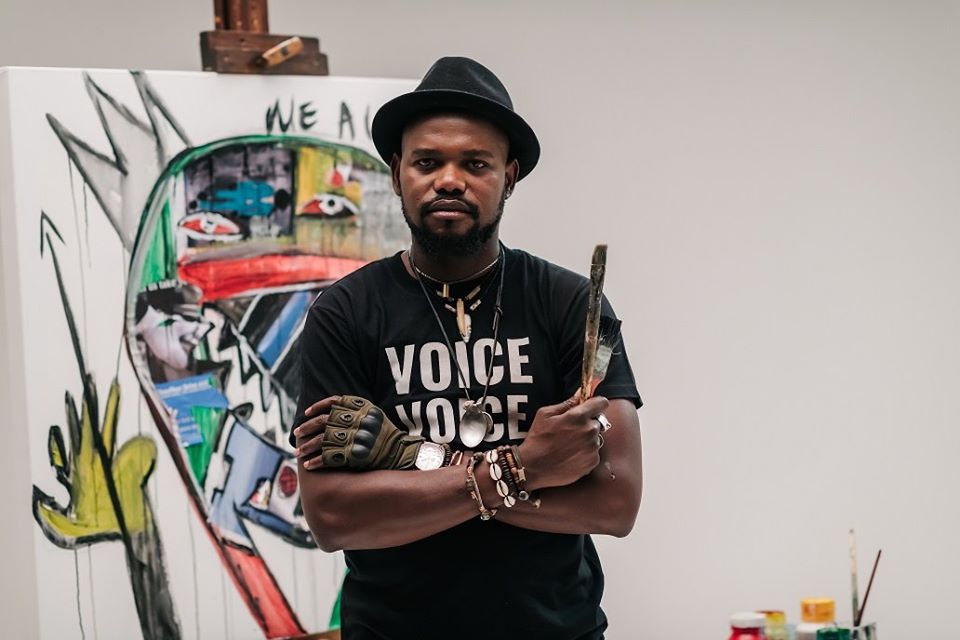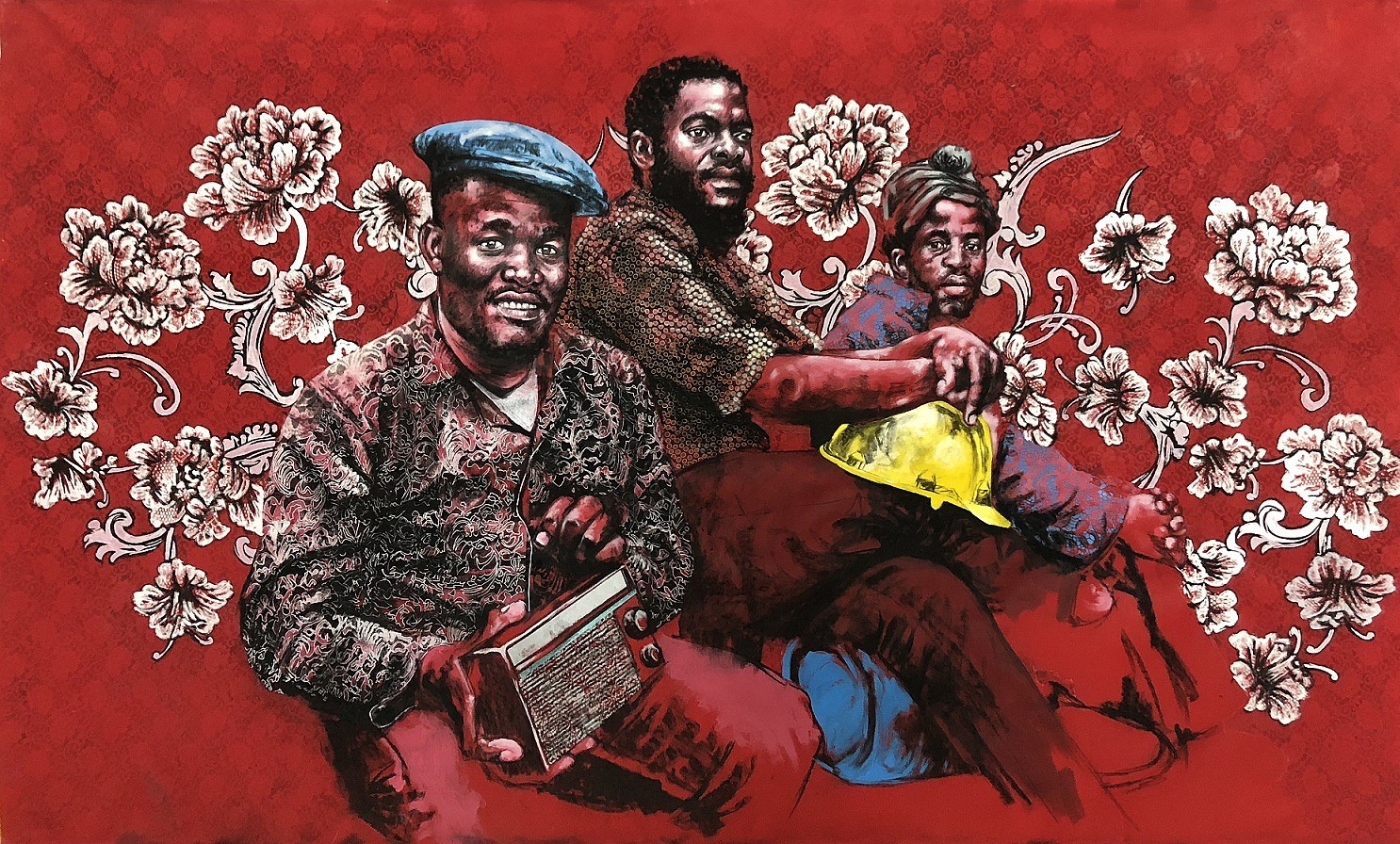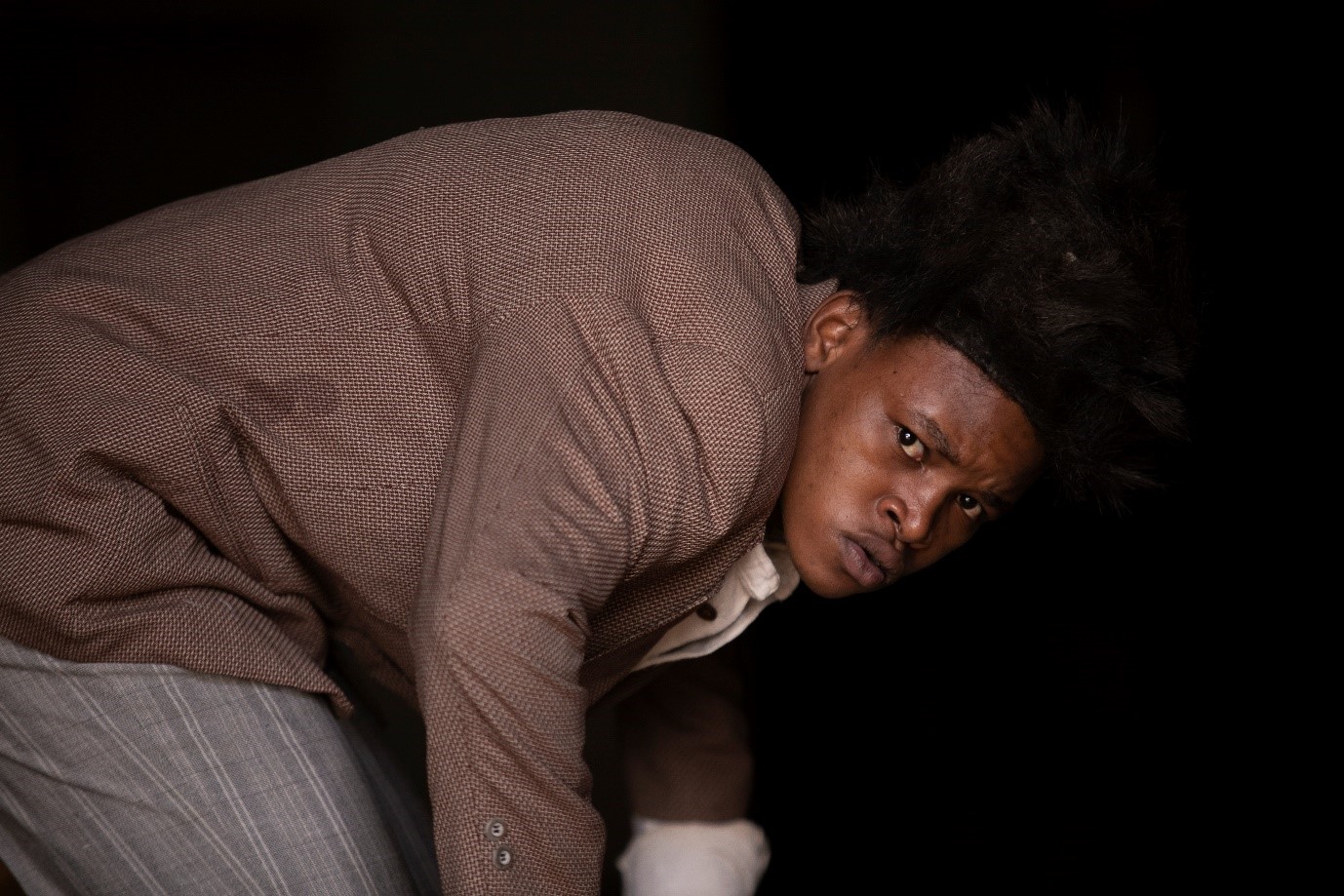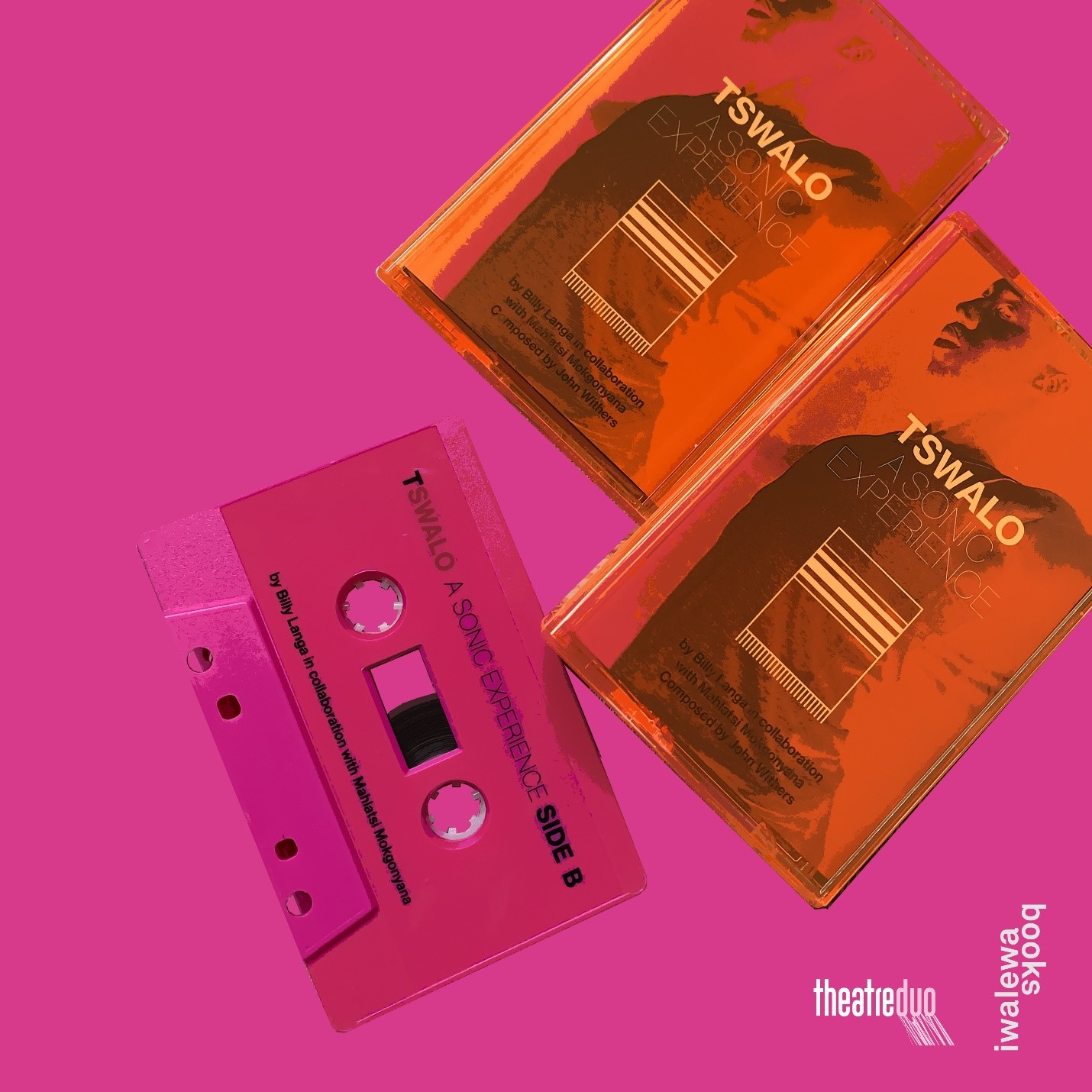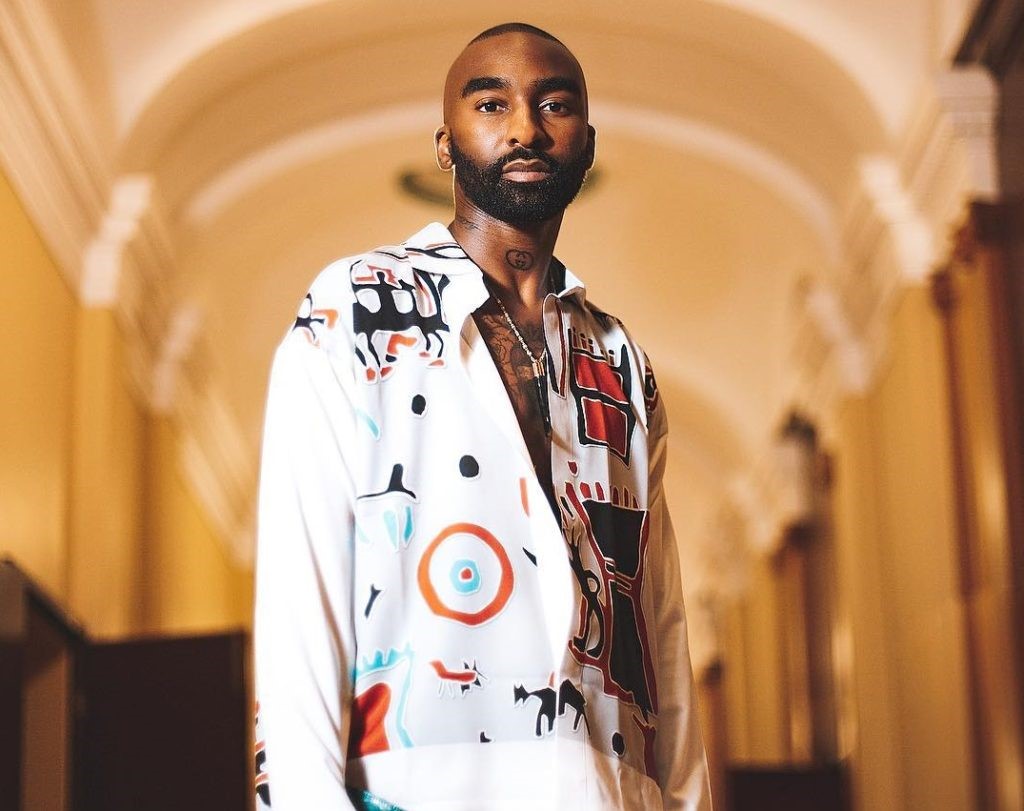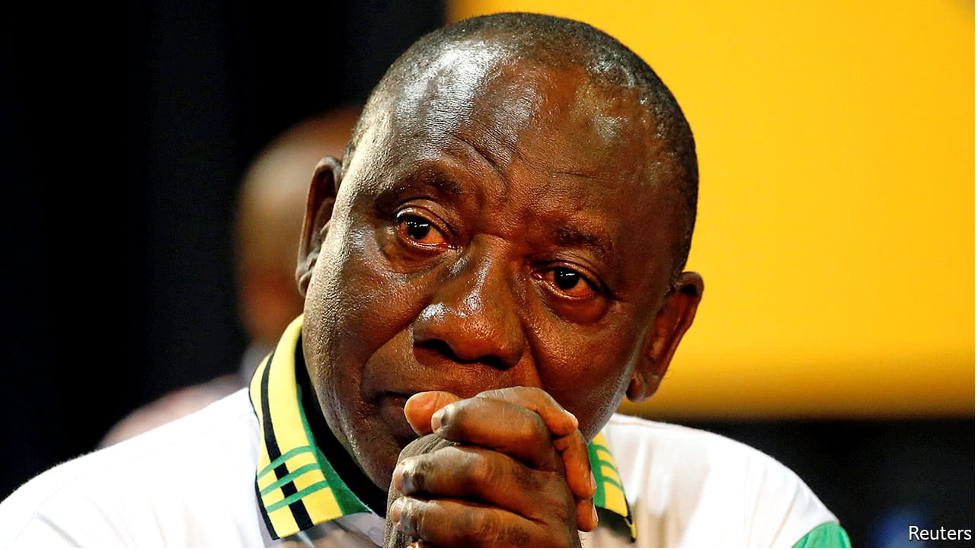Blacks. What can you say about Blacks without mentioning the unjust nature of our very existence on this entire planet? To thrive, survive and overcome is often painted in our narratives. Whites admire us for being able to ‘dance’ and sing through difficult times - ironically including their own systemic oppression.
Formerly known as Founder’s Day, 6 April marks the day Jan Van Riebeeck arrived in the Cape from the Netherlands. Eventually, we arrived at liberation in 1994 and more contemporary days were commemorated such as June 16, March 21, etc. Fast forward to 2021 and it marks the release of Concerning Blacks by poet, Makhafula Vilakazi.
The writer is from a township, a notion ingrained in us by colonialism and further entrenched through apartheid. The artwork of the album reflects the old coin of a character who was assumed to be Jan Van Riebeeck but was in fact Bartholomeus Vermuyden. Alas, mistaken identity or not, all white people look alike right? Despite the monumental fuck up on the part of this murderous gang, the symbolism of the coin remains - a remnant of Blackness constructed for servitude to whiteness designed by Jan Van Riebeeck and his cronies.
“The way I see it, our problems as Black people started on that day in 1652. When we speak of this Black, I don’t have a notion of what being Black was before colonisation or before white people came.”
Born Matodzi Ramashia, the wordsmith offers insight into his confusion of what being Black means.
“I don’t have a sense of pre-colonial history so when I speak of Blacks, I refer to post-1652 blacks,” Makhafula says.
Writing for, about and to Black People is a complex task Makhafula has accomplished and exceeded. Even when veering into topics affecting women, foreigners and prisoners - the poet fulfils the societal role of a writer ever so eloquently with a violently passionate tone - he imparts personal and political nuances of Black Life. Over and above a mere performance, he offers a solid lived experience.
It might be bold to assume that Concerning Blacks is the answer to the global question of why Black Life is so cheap and continually oppressed throughout generations. The title track is an accurate reflection of the myth of the Rainbow Nation - a concept tone-deaf to Africa’s entire history. This album is an invitation to Blacks to further introspect into their being and condition. The complexities of Black Life are weaved into a set of eight poems that explore these nuances.
A standout offering in the collection is Somdanger Instagram. In this poem, a disgruntled lover details a dystopic yet relatable tale of a young man deeply in love with a girl who’s caught up in chasing men who give her the material things she desires mirrored in the rancid pit of Instagram. Effectively using ‘meme culture’ and other online tropes, he skillfully paints the picture of an on and off relationship where the young man pining for the love of his life while she chases other men. Eventually, the protagonist spots his love interest after years of drinking and using substances. The antagonist no longer holds that special place in his heart. He mocks her for speaking of their fate [of being together] while wearing worn down leggings ‘ngomkhaba onuka iCovid’. At this point of the story [presented as a poem - highly lyrical and heavy with metaphors], she realises - to put it colloquially - what a fucked person she has been to him. Here the protagonist claims that ‘love’ requires patience when you have no money, having lost the love of his life to broken promises of a better life. A notion the poet challenges in his daily life because often, he admits, we hold an idea of what love is while simultaneously holding up our defences. The rejection is too hard to handle and in addressing Black Love, he admits to being predisposed to using stereotypes against women, Black Women, in particular, to protect himself from being vulnerable.
Over the years, Makhafula has deconstructed his notions of what Black Love is and how to express it and this is beautifully expressed in Mabankbook. It feels like a poem that finally celebrates Black people in Love without being plagued by colonial ideas of romanticism. Rather, a process of redefining what love is one’s perception of women and gender roles within a relationship. In understanding the emotion and experience behind the words uttered in Mabankbook which celebrate the traditional Black aesthetic in black marriage celebrations from herds of cows to a lavish wedding where the entire neighbourhood rejoices. Beyond this simple aesthetic, our poet is emotionally attached to this poem, the subject and all that it represents. For Black Men, this deconstruction of their masculinity heavily influenced by colonialism is highly necessary for transforming how Blacks continue to create revolutionary family structures that address systemic issues daily.
Ulele tears apart every single construct of identity likening the loss of ourselves to a state of intoxication. His words are slurred [but eloquent, of course] depicting Black people in a deep trance-like state brought on by a combination of poverty, political corruption, intellectualism, Marxism, debt, loss of identity and dysmorphia, religion, colonisation, etc. He states that Black People are not educated but under a spell of indoctrination, internalised racism and even when we laugh - we are crying and, we are stuck in a trance - a deep sleep.
Throughout this collection, as a Black being, you will laugh, cry and see yourself throughout. Makhafula is unafraid to summon igwijo from Koketso “The Bull” Poho to detail a story few want to hear. The story of criminals whom we automatically assume don’t belong in society. On Is’cathulo Esibovu, Makhafula discloses the story of a man who ultimately dies as a result of a botched robbery. The poem reminds us that this young man, despite his choices, is someone’s son and at the end of the day his friends/fellow gang members are accountable to his mother. Not only is this account deeply frightening but it reveals more layers to the Black condition. This holds onto the reality that even perpetrators of crime are people. Black People.
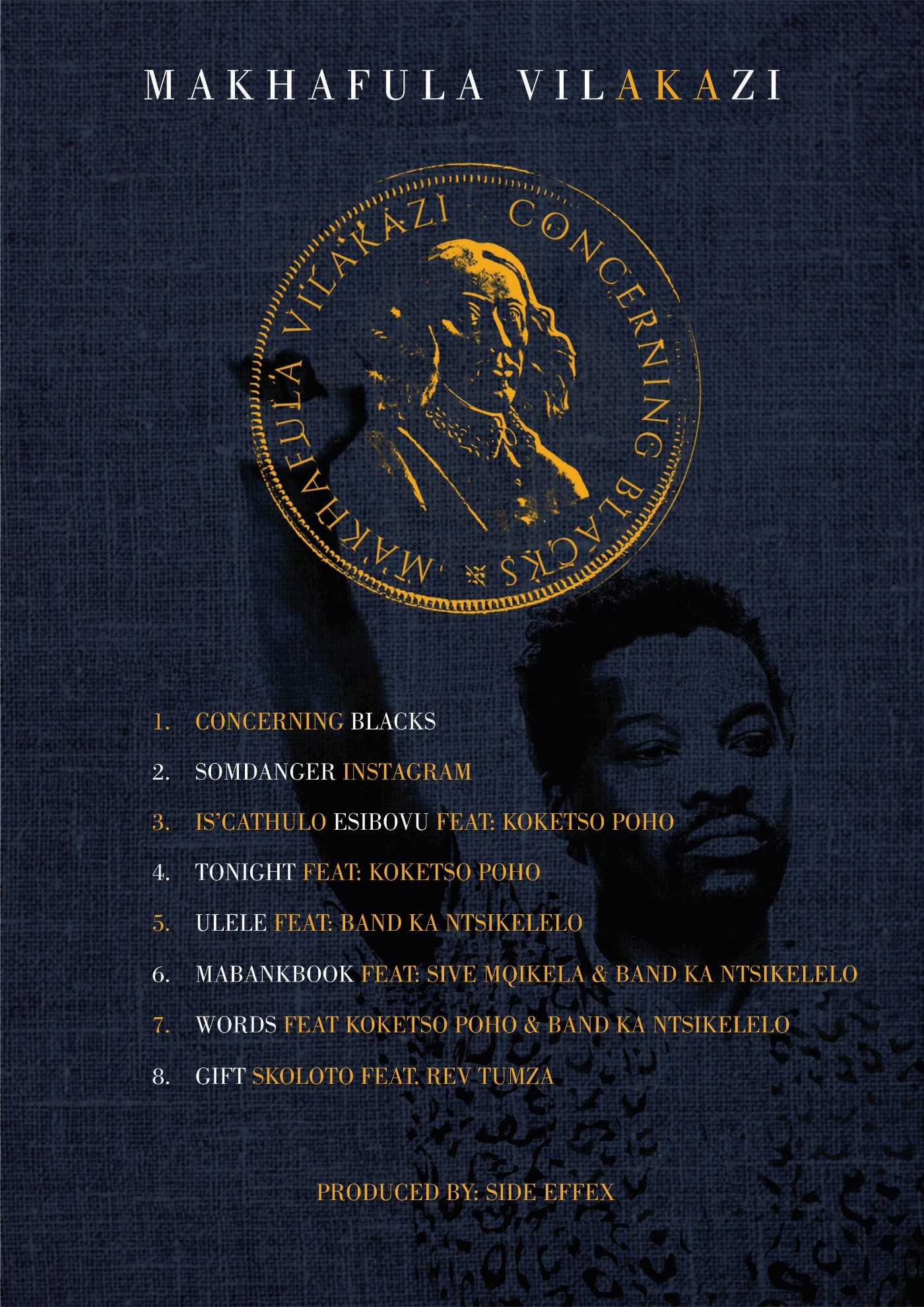
Some of the pieces that feature throughout the album have been performed throughout the years, and they form part of collectively reimagining ourselves as Black People. Repossessing what was to be taken from us: Land. Umhlaba is central to achieving complete emancipation from the clutches of the racist and white supremacist system. As a young boy, Matodzi moved to Soweto and away from Limpopo. He feels that if he had experienced a life closer to nature it’d be easier for him to connect to himself and the true essence of his being. Instead, he grew up in Soweto - one of South Africa’s biggest townships initially established for migrant workers and their families during the apartheid era.
This album is an important part of history as we continue reimagining, redefining and reconstructing our beings as so-called Blacks.
*The Concerning Blacks project will be released on all major digital streaming platforms on 6 April 2021.

